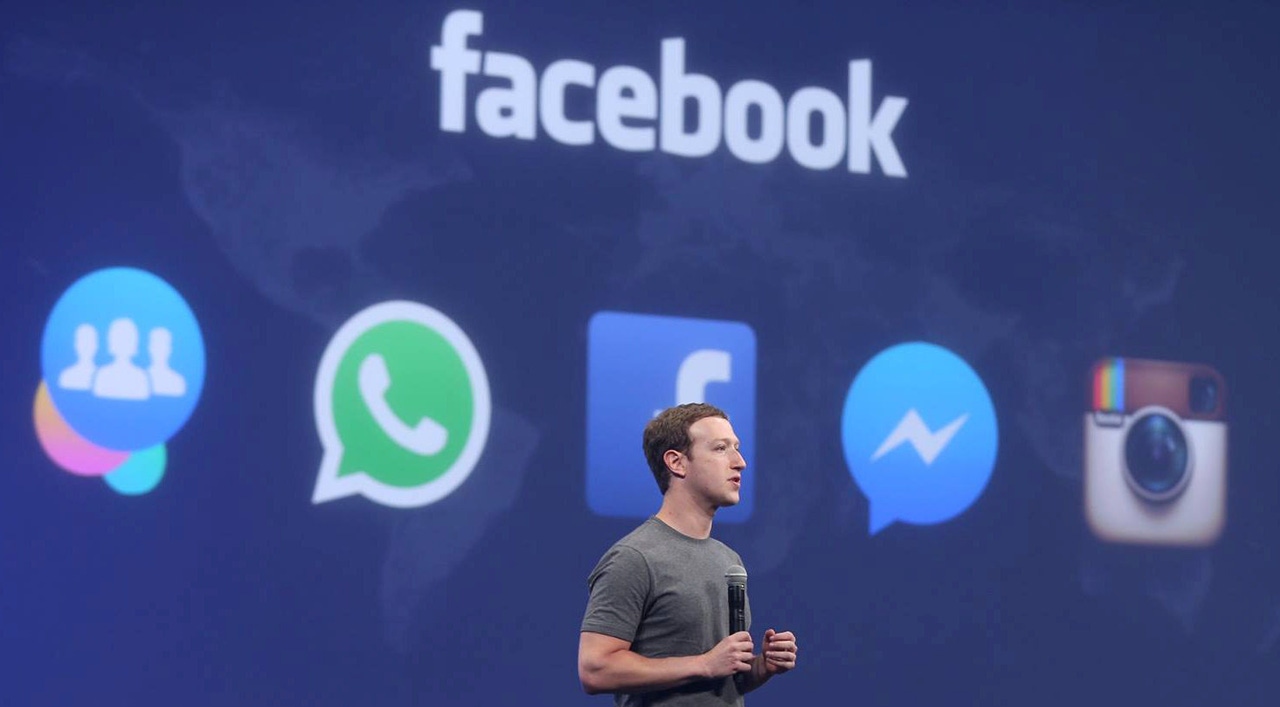WhatsApp falls foul of EU data protection gurusWhatsApp falls foul of EU data protection gurus
The Article 29 Working Party has released a statement which casts doubt over WhatsApp’s intentions to share user data with its parent company Facebook.
October 31, 2016

The Article 29 Working Party has released a statement which casts doubt over WhatsApp’s intentions to share user data with its parent company Facebook.
While the group does not in fact have any direct control over legislation and regulations, Article 29 is a highly influential group within the European Commission. When the group begins to talk, background noise disappears and heads begin to turn. The group’s concern focuses around the terms and conditions, which now allow WhatsApp to share information with Facebook for purposes that were not included in the terms of service when users signed up.
Concerns were also put forward on the validity of the user’s consent, on the effectiveness of the mechanisms provided for the exercise of the user’s rights and on the rights of non-Facebook users with regards to such a Policy change. It’s early days, but this could prove to be a bit of a headache for Facebook, a company which has not always been on the best of terms with the European Commission. Although Facebook would want to avoid any friction, fines are not-likely to cause any huge issues within the organization considering it reported revenues of $6.4 billion for its second quarter.
The move, which was announced in August, received mixed reviews with some commentators, including Telecoms.com, pointing out the contradiction in CEO Jan Koum’s actions. Back in 2014 following the acquisition by Facebook, Koum stated:
“Here’s what will change for you, our users: nothing… You can continue to use WhatsApp no matter where in the world you are, or what smartphone you’re using. And you can still count on absolutely no ads interrupting your communication,” and in 2009 he also commented “We have not, we do not and we will not ever sell your personal information to anyone. Period. End of story. Hopefully this clears things up.”
WhatsApp is not selling the data to Facebook, but the information will be used to better hone Facebook advertising for its customers. The WhatsApp team is not technically breaking any previous promises made, though it is a thin line to tread, and some users may feel an element of trust has been broken with the brand. Users flocked to WhatsApp in the initial years to avoid the bombardment of commercial messages; how this new proposition impacts the relationship with its customers remains to be seen.
There have not been any official rulings with regard to the set-up to date, though the Article 29 Working Party has called on WhatsApp and Facebook to pause the sharing of user’s data until the appropriate legal protections could be assured.
Facebook has claimed to have the data protection concerns of its users at the heart of its agenda, though this suggestion from Article 29 could test the resolve of the business and its data protection policy. Will commercialization win or can Facebook stick to its data protection quest?
The next couple of weeks could indicate whether the Facebook team is genuine or if data protection is a useful PR soundbite.
About the Author
You May Also Like










.png?width=300&auto=webp&quality=80&disable=upscale)


_1.jpg?width=300&auto=webp&quality=80&disable=upscale)